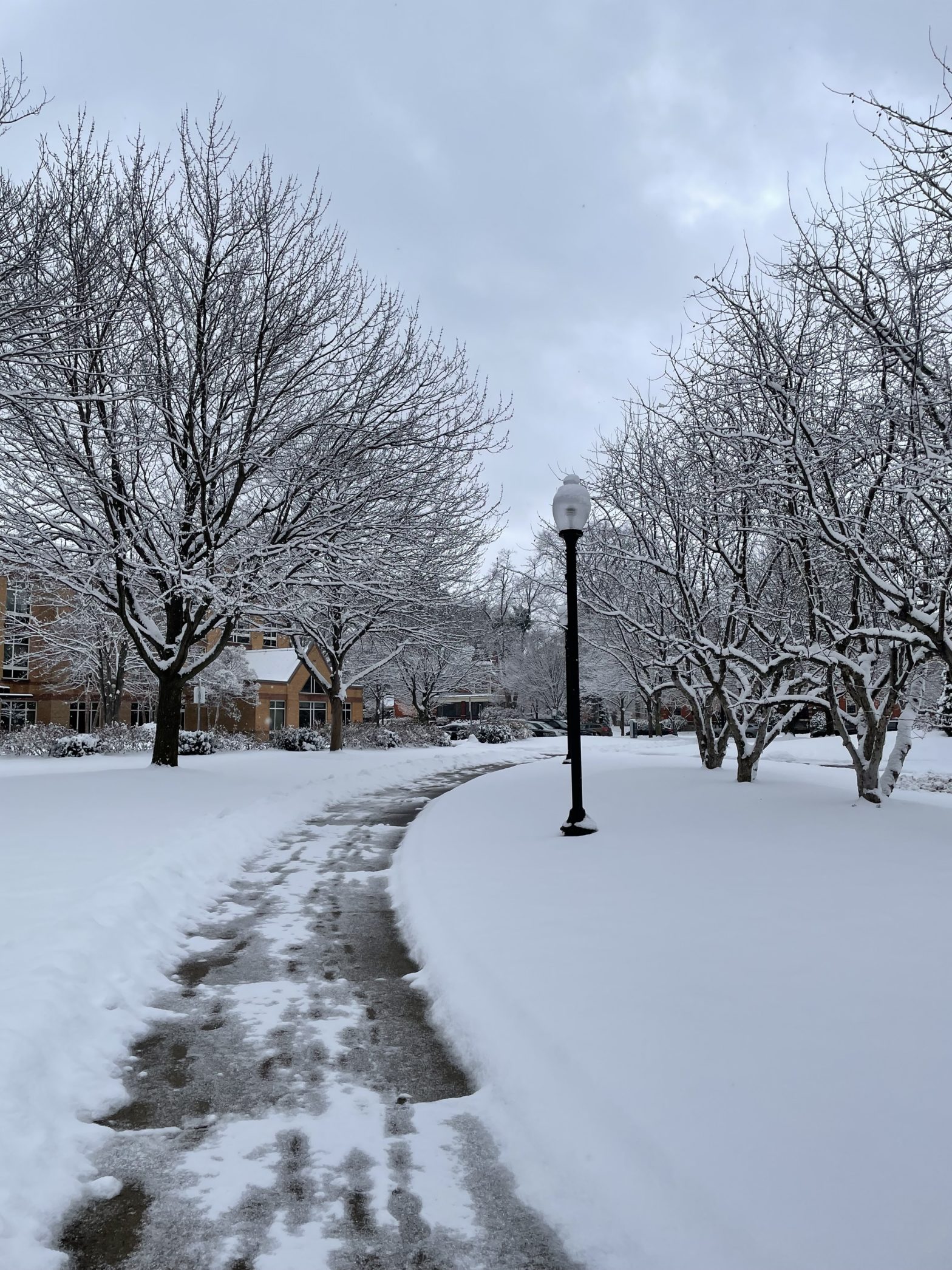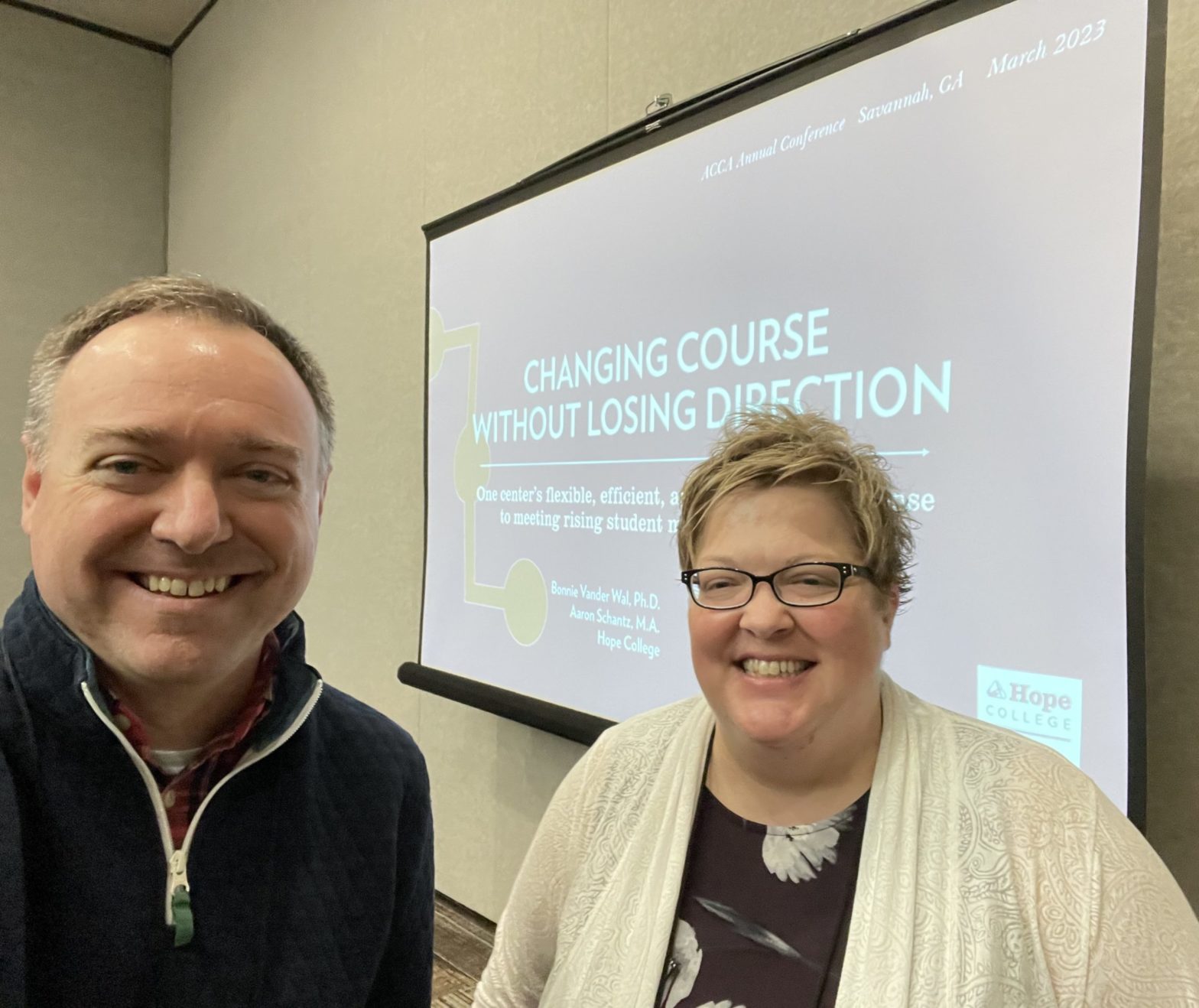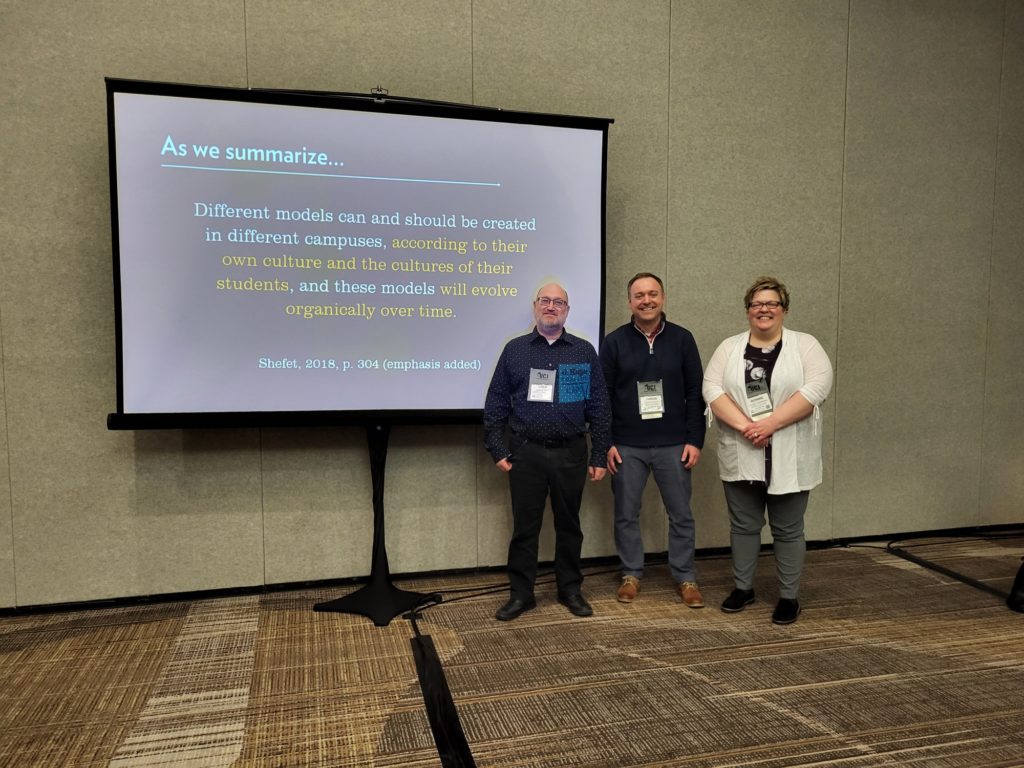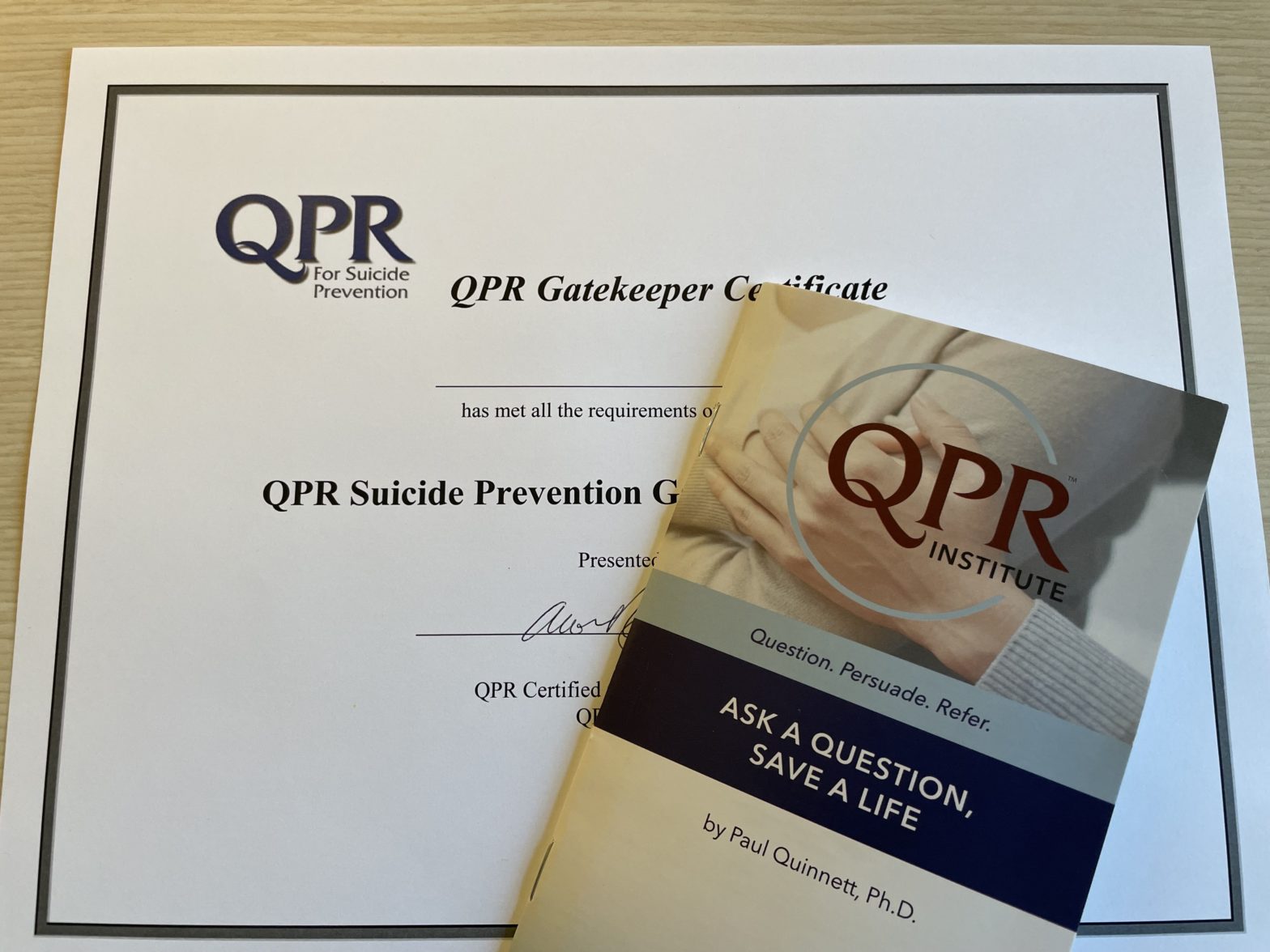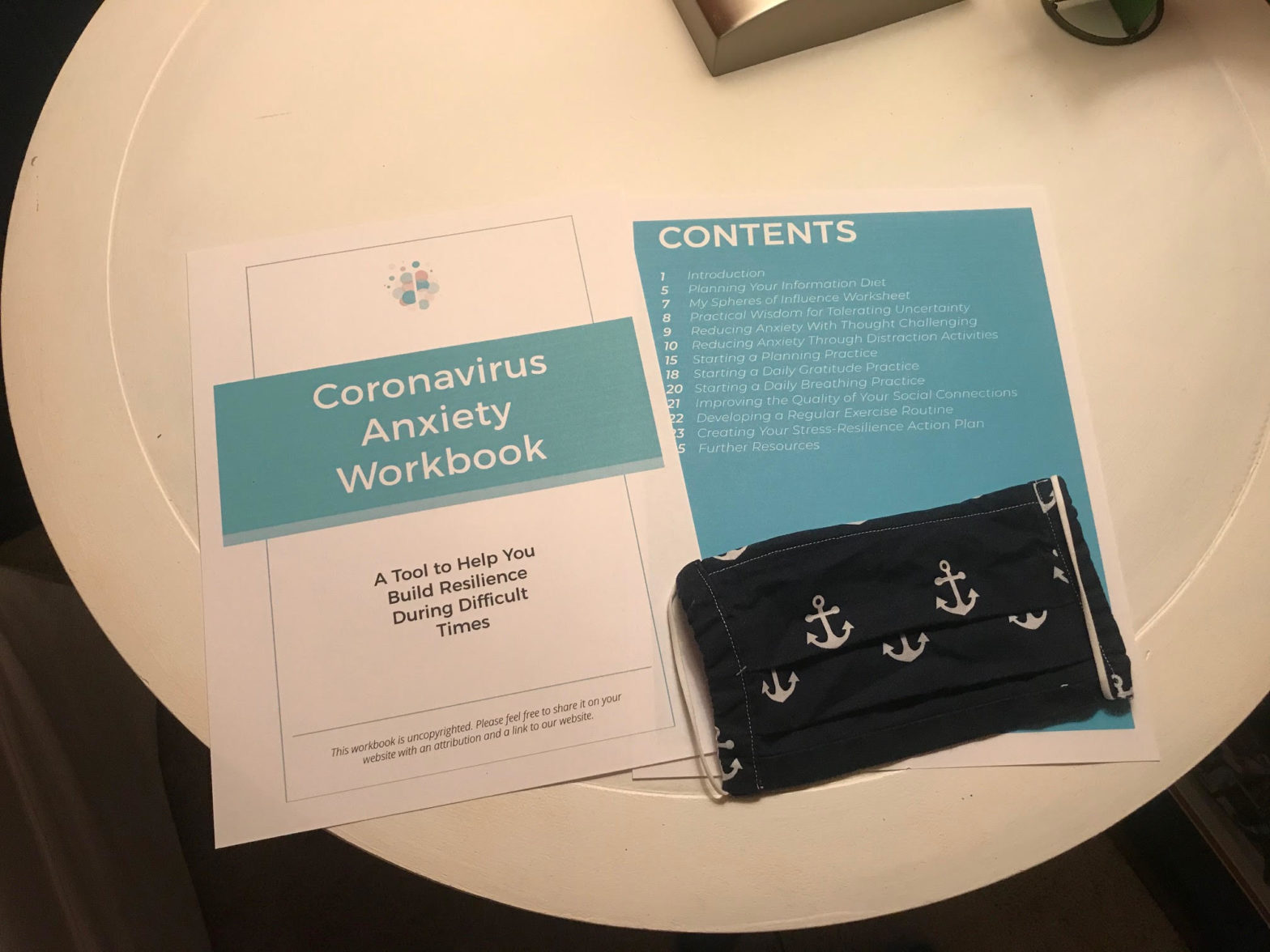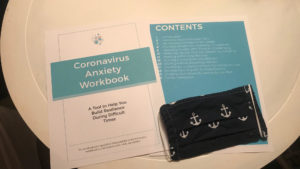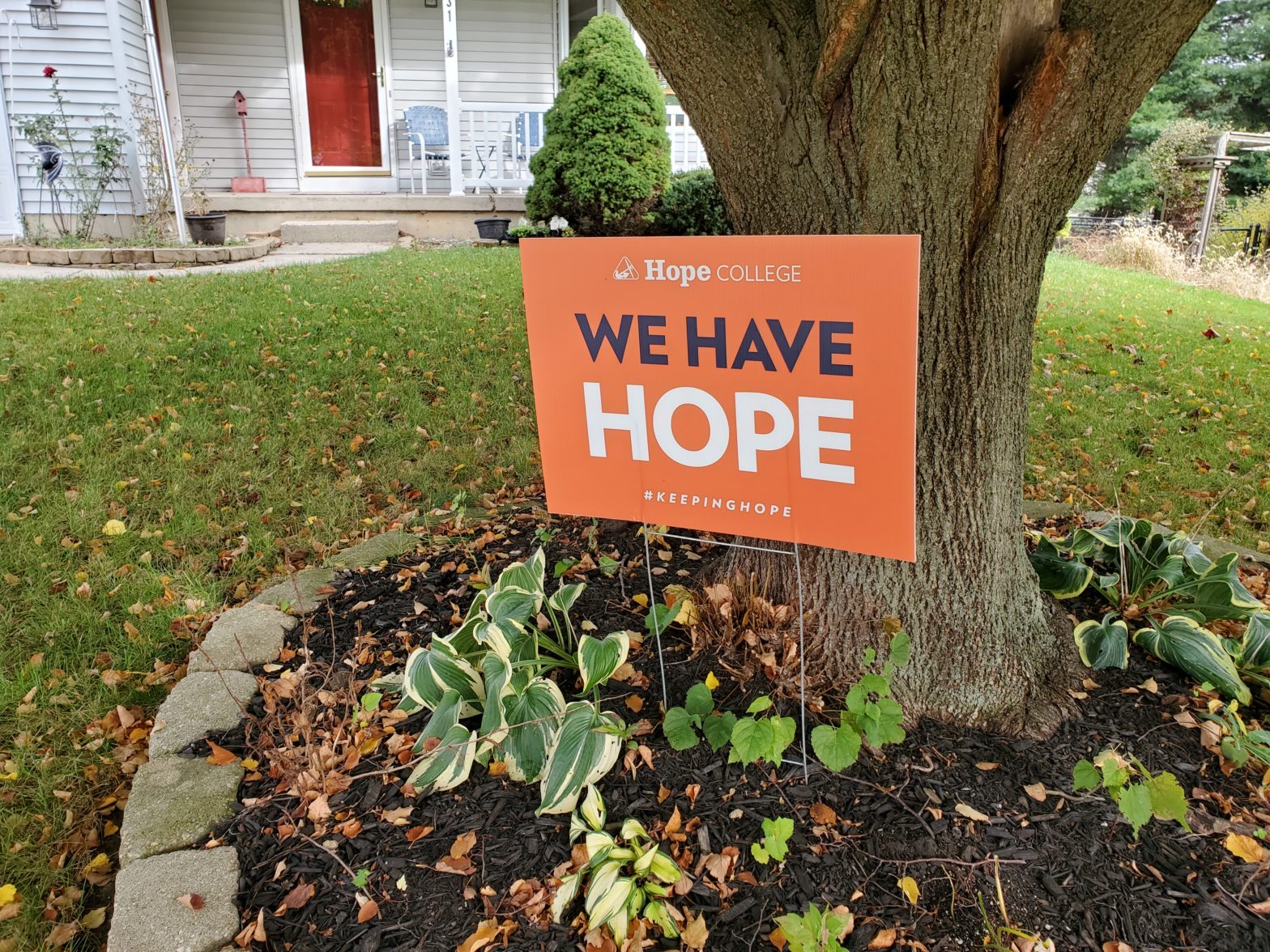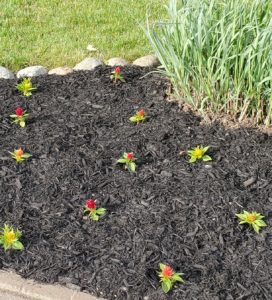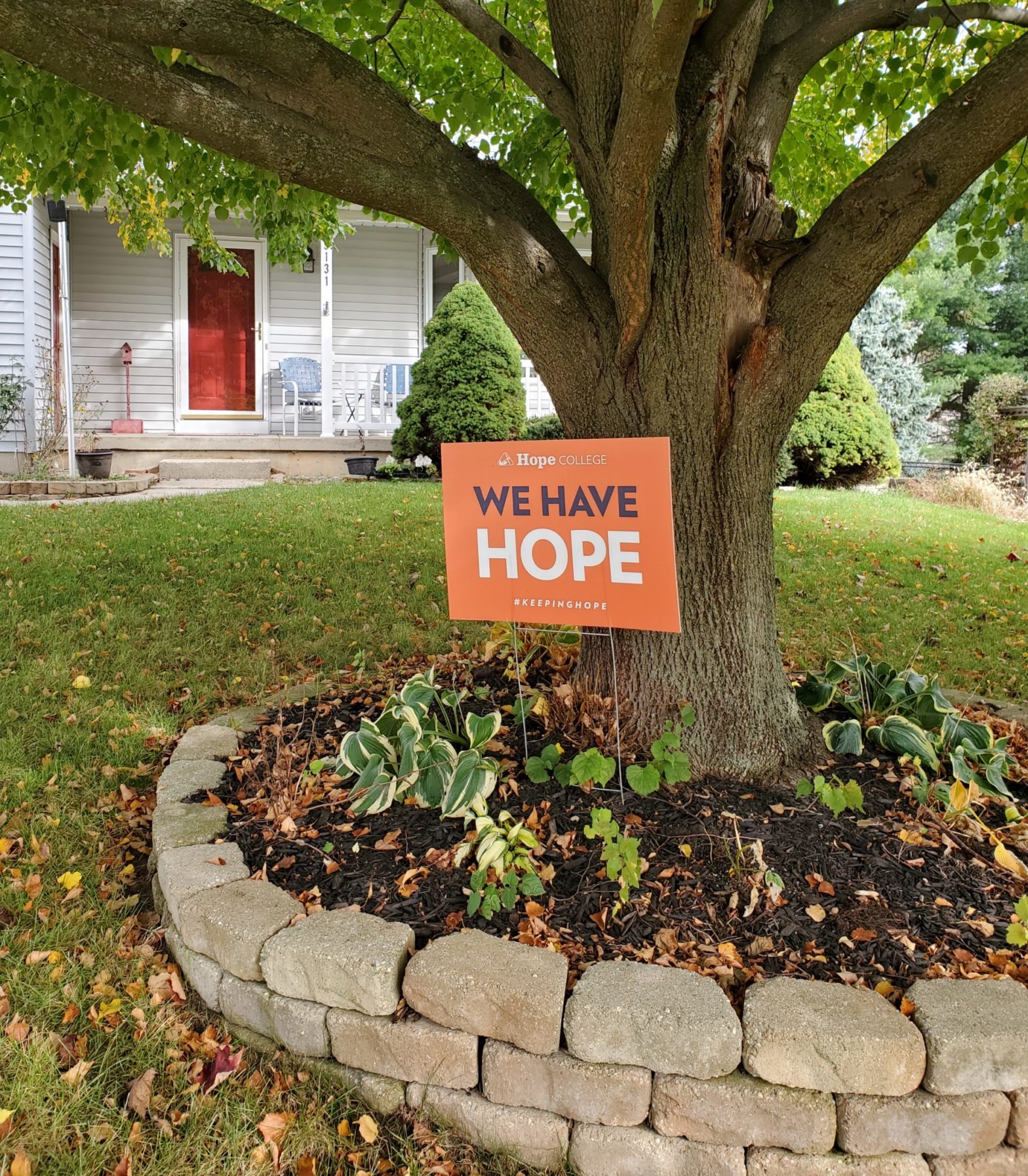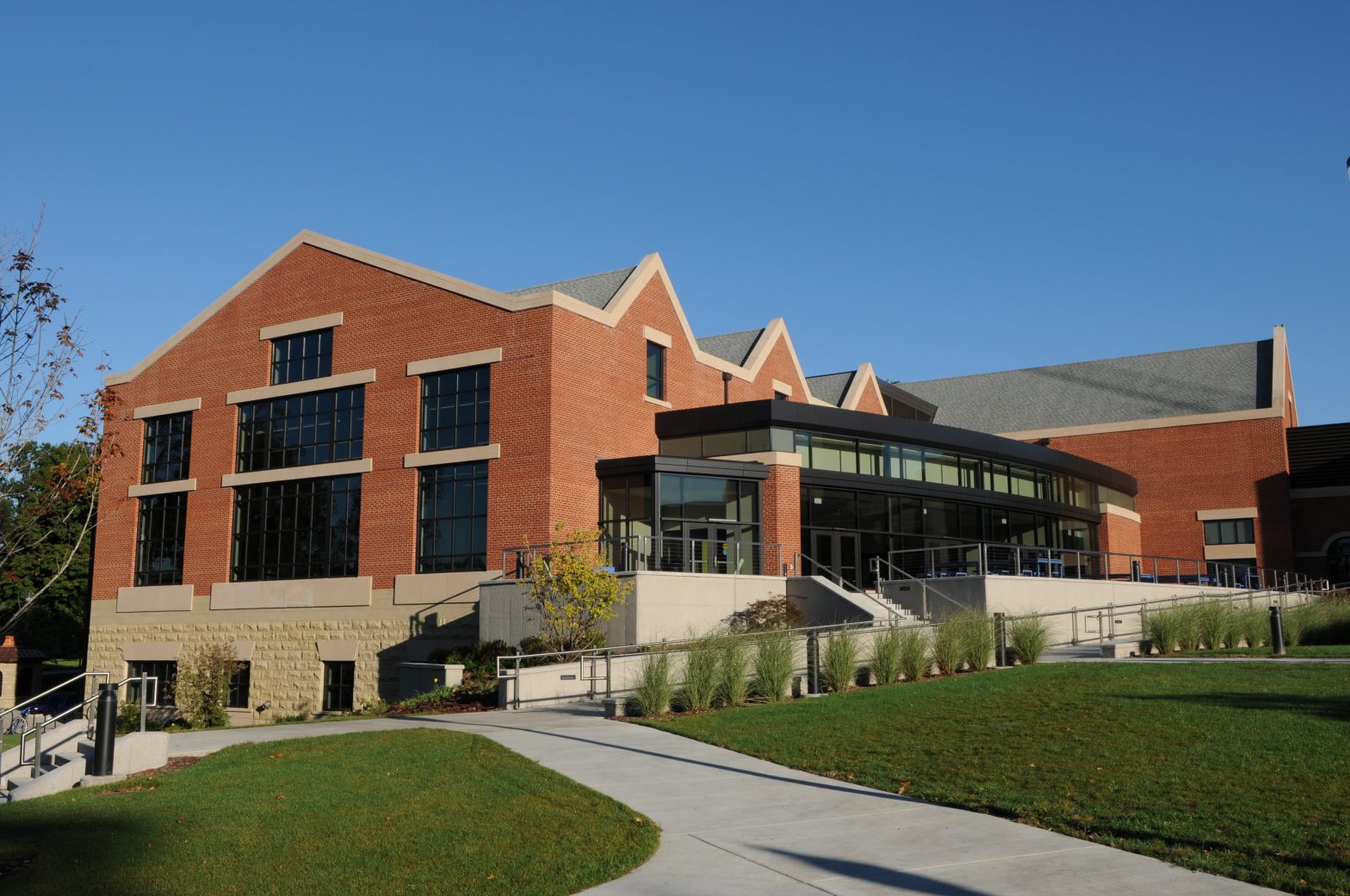Looking for a fresh start? Join in a simple weekly practice–beginning January 2025–to help advance your health and connection.
by Aaron Schantz, MA, LLP, CAPS Staff Counselor
Moving Together
Weekly
Beginning Friday, 1/17
4:00 – 4:45 p.m.
Meet by the BSC fireplaces
January is here. Happy New Year?
When the calendar turns to a new year, who doesn’t love the new possibilities and fresh starts! The new year can be a great time to reflect and re-consider our strategies for addressing everyday life challenges–the ones that have been helpful as well as less-than helpful!
Our circumstances this time of year can sometimes introduce new challenges and exacerbate previous stressors, such as when
- schedules get shuffled and routines have to adjust bringing uncomfortable change,
- connections with friends and acquaintances that were common in the past seem to take more intention and leave one feeling alone more often,
- cold weather and short daylight hours can increase physical isolation, social disconnection, and/or seasonal affective concerns, and
- talk of “new year’s resolutions” attempted and discarded lead us to feel like a failure rather than focused on living more intentionally in the direction of our values.
Amid all of these shifts and stressors, what if a thing we’re calling Moving Together could help?
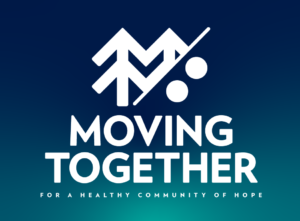
What is Moving Together?
Moving Together is a new initiative to facilitate walking/rolling* outdoors with others as a way to connect and increase overall well-being. Each week (Fridays at 4:00 p.m.) participants come to take some time for their health–whether their focus is physical, emotional, social, and/or environmental well-being–and move alongside others who are, in turn, improving their own health!
Who is Moving Together meant for?
Moving Together is designed with students in mind, but any member of the Hope community is absolutely welcome to join us!
Moving Together is meant for you! Here are some reasons people might move along with us: because they
- want a place to connect socially at their own pace (even/especially if social interactions increase anxiety for them),
- have a history of seasonal affective concerns and are increasing their time outside in natural daylight,
- recognize that regular physical activity can improve their mood,
- are trying to practice mindfulness and being in the present moment,
- are doing their best to avoid isolation,
- are managing the social “shuffle” of new classes, routines, and the disruption of friend groups,
- are ready to experience the beauty and benefits of being outside, and/or
- want to be part of something fun.
What would your reasons be? Perhaps some of those listed above sound like you. Please know that you can come alone and connect with others at your own pace! We hope you’ll give Moving Together a try whether you want to make a connection with someone new or just need some time to practice being in the present moment.
If you’re more extraverted, go ahead and make plans to meet others at Moving Together for a walking/rolling chat IRL. Schedule your meeting with group project members, advisees, residents, etc. to be a conversation on the go! Or, of course, join us to just be a part of something that builds health into our community.
When will it start?
Our first walk/roll will be Friday, January 17 at 4:00 p.m. Meet other students, faculty, and staff by the Bultman Student Center fireplaces. We’ll review the day’s route, share any important info, and head out for a 30-45 minute walk/roll together! Yes, we are beginning in January! We want to face the elements together as a shared experience rather than isolate ourselves. Dress for the weather!**
Current plans are for up to 45-minute walk/rolls weekly on Fridays at 4:00 p.m. around Hope and downtown Holland.
Why Moving Together?
Research supports the value of physical activity, time in nature, and connection to a support system for improved well-being. We want to create an opportunity for a fun, safe, collective experience that helps foster belonging and overall health! We’re also radically accepting the reality of West Michigan weather–together!
What can you expect?
What if I’m an introvert? Even with all of this talk about connection, we know that social anxiety is real. Social interactions will be at your own pace–so come and participate as you are comfortable and willing! There may be conversation starters provided–but they are just suggestions to help break the ice if needed.
Is this like a group workout? Increasing physical fitness is not our primary goal. No need to change into workout gear…just some sensible footwear and weather-appropriate outerwear! You can walk at your own pace, we’ll make sure you’re not left behind.
We’ll work to keep things fun and new each week! Some weeks, we may have some campus celebrities moving alongside you!
Routes may vary from week to week, but will begin by the fireplaces in and outside the BSC, maximizing natural beauty and accessible pathways.
Whatever your reasons for participating, we hope you’ll join other Hope students, faculty and staff for Moving Together! See you on January 17 for our first week, and the weeks listed below…
Moving Together Dates:
- January 17, 24, and 31.
- February 14, 21 and 28 and March 7
- March 28, April 4 and April 11.
*To inquire about accessibility or request accommodation in order to fully participate, please contact Aaron Schantz ([email protected]) or Jody Sheldon ([email protected], 616.395.7945) in CAPS.
**The Hope-Geneva Bookstore is running a sale on winter apparel/accessories in early January!


